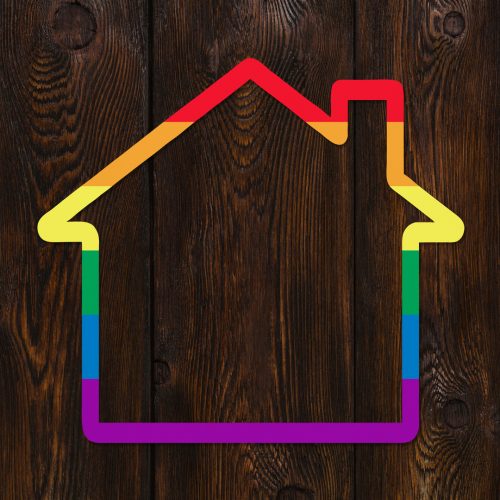The LGBTQ+ community across the nation celebrated as the U.S Supreme Court ruled that existing federal law forbids job discrimination on the basis of sexual orientation or transgender status. This is a major victory for advocates of gay rights. By formally recognizing LGBT individuals into federal anti-discrimination law, the Court effectively rejected the withholding of rights. The LGBTQ+ movement is determined to gain equality, and this ruling showcases the strides that have been made and the challenges we still face when it comes to discrimination in the U.S.
In a landmark 6-3 decision, the court ruled that employers can’t fire lesbian, gay, or transgender people simply for being who they are. The ruling says Title VII of the Civil Rights Act of 1964, which prohibits discrimination based on race, religion, national origin, and sex applies to discrimination based on sexual orientation and gender identity. The passing of this ruling and the many more to come will bring change to real estate and fair housing and allow real estate professionals to tap into a much broader demographic than ever before.
Members of the LGBTQ+ community will not have to cherry-pick which state they can live in to own a home and get fair mortgage rates. According to a poll from Iowa State University, same-sex couples were charged .02% to 0.2% more in interest rates, upfront fees, or both on their loans. While to the average eye it doesn’t seem like much, it can add up to hundreds or even thousands of dollars over a 30-year mortgage. That same report shows same-sex couples were 73% more likely to be denied a mortgage than straight couples with similar profiles. “It’s very sad that even in this day and age there’s still discrimination in the mortgage process after all the strides we’ve made,” says Tim Hur, a previous diversity chair of the National Association of Realtors®. “Everyone should have the same opportunity to own a home. It doesn’t matter if you’re gay, lesbian, Asian, black, or Hispanic.”
Modern communities are more diverse than ever so why the great divide? Lack of confidence may help explain why LGBTQ+ home ownership rates lag those of America overall. According to the survey, 54% of LGBTQ+ respondents owned homes, compared with the national home ownership rate of 63.8% (which is itself at the lowest point since 1993).
LGBTQ+ who rent, particularly Millennials, have their own concerns, however.
For a generation that many have been deemed “Generation Rent”, the survey said, of LGBT Millennials surveyed, 59% say they plan to have children in the future; having children being a potential motivator for purchasing a home. Housing discrimination is a whopping 73% of the survey’s respondents’ strongest concerns, whether they wanted to buy or rent. Choosing where to live is the first step in the path to home ownership and immediately we see the importance of being in an accepting and welcoming community. As LGBTQ+ people move from renting to home buying, the right neighborhood remains vital. Unfortunately, the fear of discrimination also plays a massive role in the LGBTQ+ community with 46% of renters fearing it during their future home buying process.
“Recall that ‘We, the People’ were once white, property-owning men,” said Ruth Bader Ginsburg, U.S. Supreme Court Justice. “Native Americans were originally not part of ‘We, the People,’ nor were people held in human bondage, women, or newcomers to our shores. Today, ‘We, the People,’ has a marvelous diversity, wholly absent in the beginning.” We are the people. All of us. Together.
